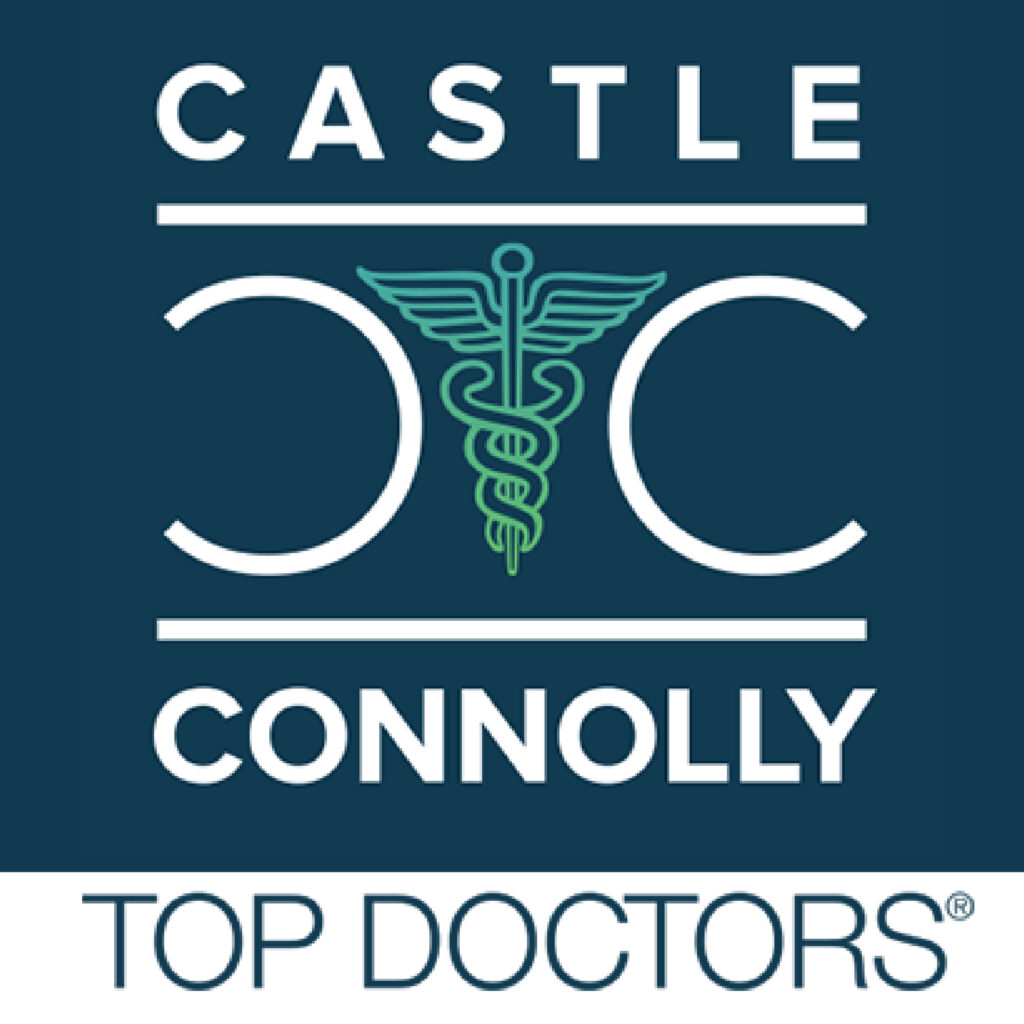Torn ACL Reconstruction
The ACL is one of the four ligaments in the knee that connects the femur (thigh bone) to the tibia (shin bone). The ACL plays an important role in knee stability and function as it prevents the tibia from sliding too far forward and causing the knee to be unstable and dislocate.
In most cases, with a torn ACL, arthroscopic surgery is performed. Generally speaking, an orthopedic surgeon reconstructs a torn ACL in the following manner:
- The tear is examined. A healthy ACL is taught with very little laxity. In contrast, a torn ACL is loose and is easily moveable. The kneecap may also be able to moved out of place which is a sign of an ACL tear. When arthroscopically examining a torn ACL, an orthopedic surgeon uses a small metal instrument called a probe.
- The torn ACL is removed. In order for the ACL to be reconstructed, torn or damaged portions of the ACL need to be trimmed or removed. This goal is accomplished by the use of a tiny shaving device.
- The tissue graft is harvested and prepared. Usually, a hamstring tendon from the patient’s own body is used to replace the torn ACL.
- The tissue graft is passed through the tibia and femur. Small holes are drilled into the tibia and femur. Through these holes, the tissue graft is passed and then secured—acting as a new, taught structure that improves joint stability and allows for ligamentous growth/reattachment.
The procedure usually takes 1-2 hours depending on the severity of the tear and the presence/absence of meniscus tears. Patients are usually sent home shortly after the procedure. Physical therapy can be started as early as the week of surgery. After adhering to the advice and treatment of their surgeon and physical therapist, patients can expect to return to sports specific training at 4 months and competition in six or more months.
Contacting an Orthopedic Surgeon for a Torn ACL
Patients who have torn their ACL, or injured their knee, are advised to arrange an appointment with one of our orthopedic specialists. Once an accurate diagnosis has been made, a treatment plan will be decided upon. If surgery is necessary, know that you’ll be in great hands and can expect a full recovery.
The physicians at Total Orthopedics and Sports Medicine focus on both the surgical and non-surgical treatment of bone and joint injuries, including ACL tears. Renowned experts Dr. Charles Ruotolo, Dr. Richard McCormack, Dr. Brett Spain and Dr. Paul Pipitone lead our Knee Team. If surgery is necessary, the practice uses a multidisciplinary approach to create a treatment plan that focuses on the patient’s lifestyle and activities and helps them get back to those activities quickly and effectively. Total Orthopedics and Sports Medicine has locations throughout Long Island.







 Website Design by
Website Design by